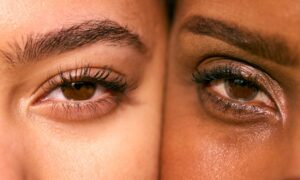
What Is The Difference Between AREDS1 And AREDS2?
The journey from AREDS1 to AREDS2 represents a pivotal shift in the approach to preventing and managing age-related macular degeneration.

What Is The Difference Between AREDS1 And AREDS2?
The journey from AREDS1 to AREDS2 represents a pivotal shift in the approach to preventing and managing age-related macular degeneration.

The journey to understanding the regulatory status of any medical or dietary supplement can be complex, especially when it pertains to those aimed at addressing chronic conditions like age-related macular degeneration (AMD).
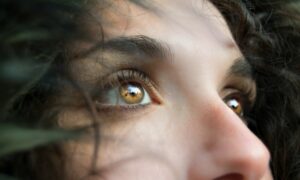
How Do You Know If AREDS2 Supplements Are Helping Your Eyes?
When it comes to preserving our eye health as we age, particularly for those at risk of age-related macular degeneration (AMD), the Age-Related Eye Disease Study 2 (AREDS2) formula has emerged as a beacon of hope.
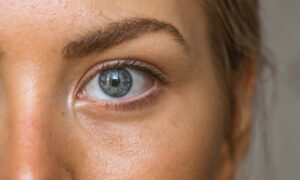
Did AREDS2 Study Dry Eye Syndrome?
This article embarks on a detailed exploration of AREDS2, focusing on its objectives, methodologies, and findings while seeking to understand whether it sheds any light on dry eye syndrome.

What Is The AREDS2 Study? Everything You Need To Know
The Age-Related Eye Disease Study 2 (AREDS2) is a major clinical trial conducted by the National Eye Institute to evaluate the effectiveness of specific nutrients in reducing the risk of advanced age-related macular degeneration (AMD) and cataracts.

Are AREDS2 Supplements Safe For Smokers?
AREDS2 supplements, designed to support eye health, have been a topic of discussion regarding their safety for smokers due to the original AREDS formula’s high beta-carotene content, which was linked to an increased risk of lung cancer in smokers.

AREDS2 supplements are specifically formulated vitamins and minerals are designed to target the underlying conditions that contribute to AMD, particularly in its intermediate stages or for those at high risk.

Can AREDS2 Prevent Macular Degeneration?
AREDS2 is specifically designed to target the nutritional needs of the eyes, aiming to slow the progression of age-related macular degeneration (AMD).

How To Prevent Macular Degeneration
This guide is intended to be a comprehensive resource, offering insights into macular degeneration – a condition that can compromise the quality of vision.
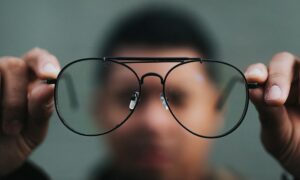
Which Is Worse: Dry or Wet Macular Degeneration?
This guide compares dry and wet forms of macular degeneration in terms of severity and prognosis. Though wet is often more severe, treatment advancements offer new hope.

What Is Wet Macular Degeneration?
Learn the specifics of wet macular degeneration, its symptoms, and treatment options. Contrasts are made with the dry form of the disease.
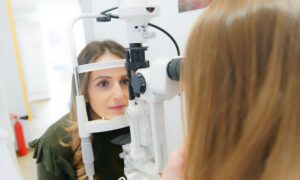
What Is the Treatment for Macular Degeneration?
This guide covers current treatments for macular degeneration, from anti-VEGF injections to laser therapy. Lifestyle changes that can slow disease progression are also discussed.

What Happens if You Stop Taking Eye Injections for Macular Degeneration?
Learn the consequences of discontinuing eye injections for macular degeneration. Risks include further vision loss and accelerated disease progression.

What Foods Should Be Avoided With Macular Degeneration?
Discover the foods to avoid for those with macular degeneration. Processed snacks high in trans fats and sugary beverages are among the items to cut.
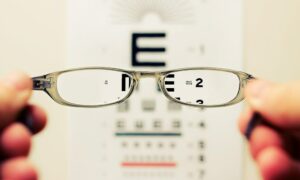
What Are the Symptoms of Macular Degeneration?
Get to know the signs and symptoms of macular degeneration, from early to advanced stages. Tips are given for recognizing symptoms like blurry vision and face distortion.

What Are the Best Glasses for Macular Degeneration?
Review eyewear options that can help individuals with macular degeneration see better. From bioptic telescopes to custom lenses, the article suggests the best picks.

Is Macular Degeneration Hereditary?
Uncover the genetic factors contributing to macular degeneration. Known genetic markers and the role of family medical history are explored.

Is Macular Degeneration a Disability?
Explore the legal classification of macular degeneration as a disability. The focus is on how this status affects insurance claims and workplace accommodations.

© 2023 PO GROUP LTD (12109684). All rights reserved. [email protected]